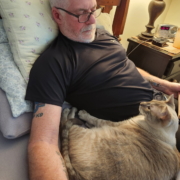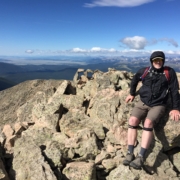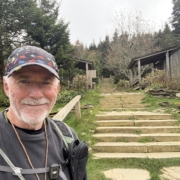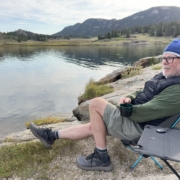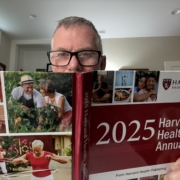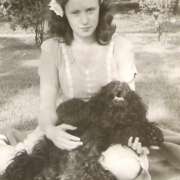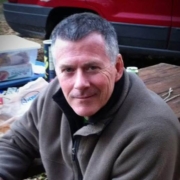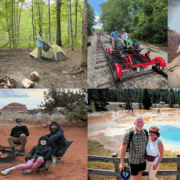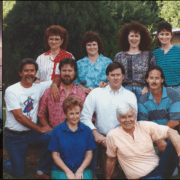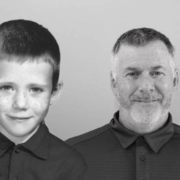Dog is My Copilot | Healthy Aging Series: S12 E4
I have learned to enjoy solo backpacking, mostly. My first solo backpacking trip was in the Grand Canyon about 20 years ago. I was going to do three nights and four days solo and then join a small group of friends for an additional three nights at the bottom of the Canyon. Solo backpacking requires…

